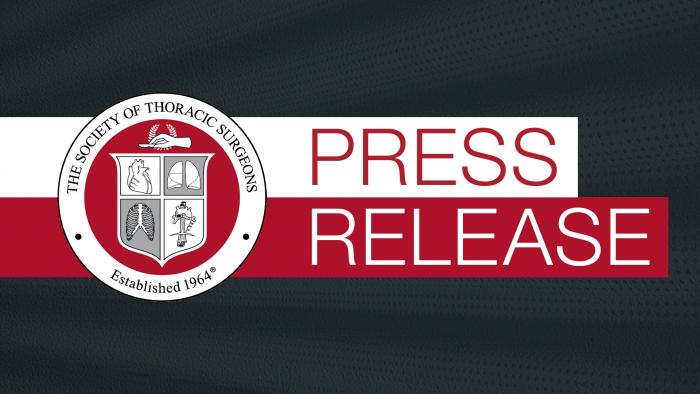The Society of Thoracic Surgeons today announced Shanda Blackmon, MD, has been selected as the recipient of the 2025 STS Distinguished Service Award for her outstanding contributions to the field of cardiothoracic surgery at the Society’s 61st Annual Meeting.
Dr. Blackmon, professor of surgery in the division of thoracic surgery at Baylor College of Medicine and director of The Lung Institute at Baylor Medicine, Houston, has demonstrated exceptional dedication to advancing the field of general thoracic surgery and the mission of the Society.
Since joining STS in 2004, she has been an active leader and advocate, serving in numerous key roles, including member of the Board of Directors, Chair of the Clinical Practice and Membership Engagement Council, Chair of the Patient Reported Outcomes Task Force, and member of the Workforce on Health Policy, Reform, and Advocacy Committee. Her leadership and vision have significantly shaped STS programs and initiatives, fostering advancements in education, research, and advocacy. In January 2024, Dr. Blackmon received the Extraordinary Woman in Cardiothoracic Surgery Award from STS and Women in Thoracic Surgery.
Dr. Blackmon has served as a passionate mentor, inspiring the next generation of surgeons. She has been a staunch advocate for innovation in minimally invasive thoracic surgery techniques, digital health technology, and process improvement. Her contributions have improved patient outcomes and elevated the standards of care in thoracic surgery.
"Dr. Blackmon embodies the highest standards of leadership, innovation, and dedication to the field of cardiothoracic surgery. Her unwavering commitment to advancing thoracic care and mentoring the next generation of surgeons has left an indelible mark on our Society and the specialty as a whole,” said STS President Jennifer C. Romano, MD, MS.
A notable expert in the treatment of esophageal cancer and complex airway diseases, Dr. Blackmon has authored or co-authored more than 200 published articles. She holds multiple patents, including one for a novel esophageal anastomotic device, minimally invasive surgical instrumentation, and concepts for 3D printing. She also has an educational YouTube video-based platform for resident and patient education.
Dr. Blackmon earned a bachelor’s degree at the University of Texas in Austin, a Master of Public Health from Emory University, and a medical degree from Morehouse School of Medicine. She completed her general surgery residency in Atlanta and her cardiothoracic surgery residency at Baylor College of Medicine. She served as an instructor in thoracic surgical oncology at UT MD Anderson Cancer Center.
Dr. Blackmon is deeply committed to community engagement and often participates in programs aimed at improving health literacy and access to care for underserved populations. A wife and mother of three children, she is an outdoor enthusiast who enjoys hiking, biking, and other activities with her family.
